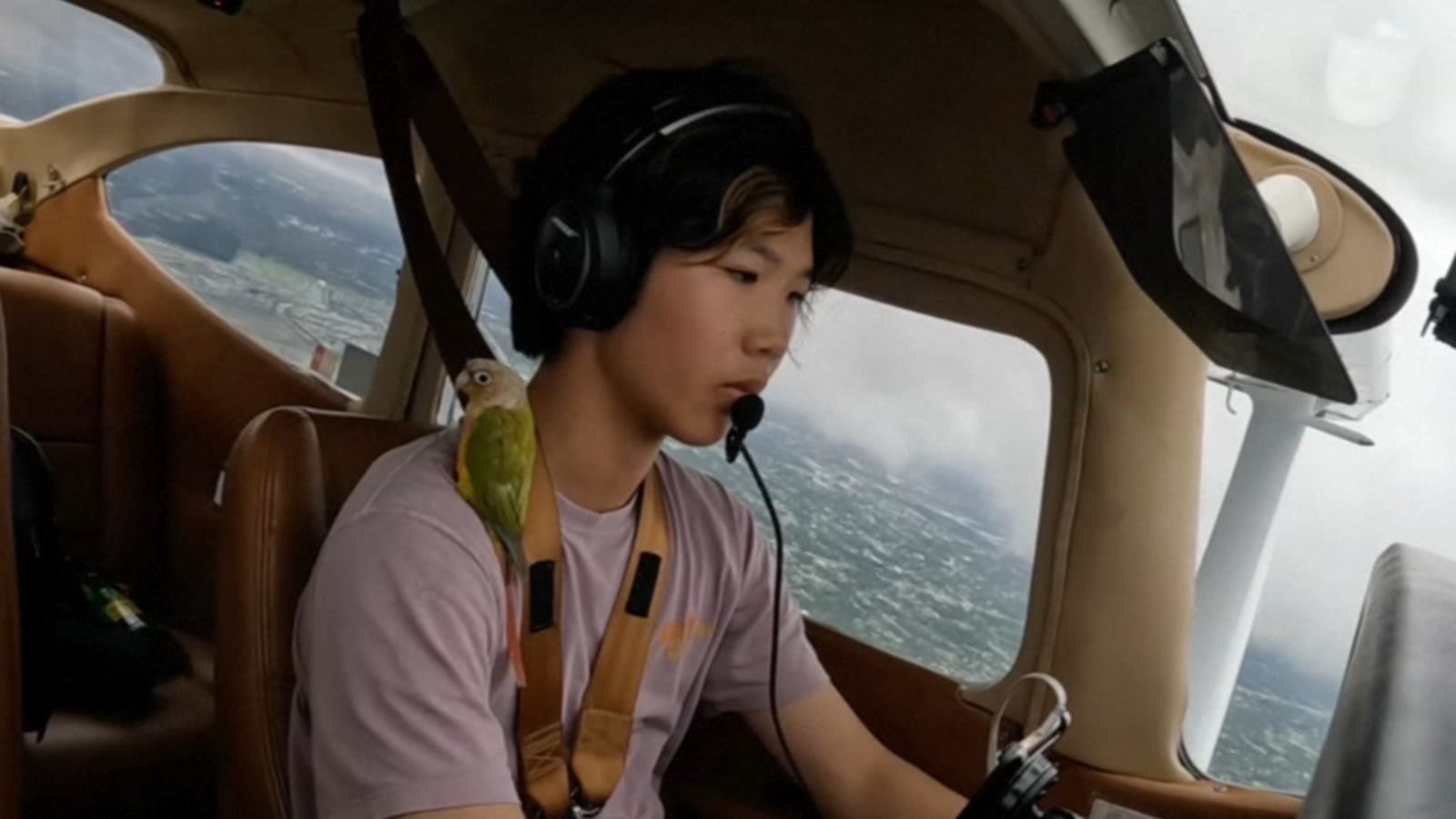Is AI Your New Digital Therapist? One Woman’s Shocking Confession Will Make You Think!

What if I told you that a simple AI chatbot could become your emotional crutch, leading you down a path of dependency you never expected? Well, that’s exactly what happened to Simrann M Bhambani, a marketing professional at Flipkart, whose candid LinkedIn post has set the internet ablaze.
Simrann’s journey began innocently enough. With a curiosity for technology and a desire to enhance her productivity, she turned to ChatGPT for a little help. But that curiosity quickly transformed into something much deeper—an emotional reliance that caught her off guard. In her post titled “ChatGPT is TOXIC! (for me),” she shares how her casual chats with the AI evolved from practical exchanges to profound conversations about her feelings.
“I started sharing every inconvenience, every spiral, every passing emotion with ChatGPT,” she wrote, revealing how this non-judgmental and ever-present digital companion became a source of comfort. Although she had “amazing friends,” the allure of an AI that never tired of listening and was always available proved to be an appealing substitute for genuine human interaction.
But as the emotional safety net tightened, it eventually morphed into a digital crutch. “It stopped being clarity and became noise,” she admitted. Instead of finding solace, Simrann realized that she was overthinking every little detail of her life, feeding countless "what if" scenarios to the AI, and pouring energy into a relationship that wasn’t real.
In a courageous act of self-awareness, she decided to cut the cord and deleted ChatGPT from her devices entirely. “Technology isn’t the problem. It’s how quietly it replaces real reflection that makes it dangerous,” she wisely noted. Her story highlights a growing concern in our tech-savvy world: Are we outsourcing our emotions to machines?
The internet has had a field day with Simrann’s bold confession. Her post has ignited a larger conversation about emotional outsourcing in the age of AI, resonating with countless individuals who’ve felt the same pull toward their digital companions. While some users applauded her bravery, others expressed their own struggles with emotional dependence on technology.
“Thanks, I was planning to do this. Now that you called it out, I would reconsider,” one commenter reflected, echoing the sentiments of many who grapple with similar challenges. Others pointed out the dual nature of AI as both a boon and a bane, emphasizing the need for caution as we navigate our increasingly digital lives.




























